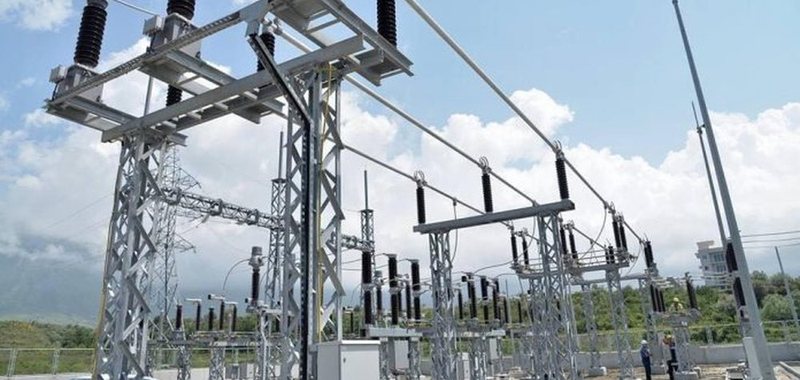Digital transformation of candidate countries - How are national policies complying with EU standards?

To join the European Union, countries must align with the 27-member bloc's collection of laws, regulations and policies. This includes requirements for digital technology and infrastructure, such as digital wallets and online government services, but also cybersecurity that must be in line with the rest of the EU.
Digital wallets
In 2024, the European Union adopted a resolution calling on member states to build digital wallets over the next two years, as part of efforts to expand the range of online services for citizens. These wallets will allow EU citizens to set up digital ID cards, prove their identity and sign important documents. The systems must comply with all EU rules on data exchange and privacy protection.
Several candidate countries, including Bosnia and Herzegovina, North Macedonia and Moldova, have created or are testing digital wallet apps. By 2026, Ukraine, Serbia and Albania are expected to have their own electronic identification systems. North Macedonia has announced that it will introduce a “super app” called m.Uslugi by 2025, which will provide citizens with deadline reminders, a digital mailbox and a space for storing personal documents.
Meanwhile, Prime Minister Edi Rama has stated that Albania's digital identity will be developed by a state-owned company called Identitek, which will allow citizens to use the ID on phones or computers as multifunctional wallets.
Cybersecurity
Another area where countries need to align with the EU is cybersecurity, through the implementation of several laws such as the Network and Information Systems (NIS) directives, which unify oversight across 18 sectors.
Among the key requirements, each country must create its own national strategy, along with a list of essential services that require additional protection in sectors such as energy, transport, health, finance and digital infrastructure. Albania, Montenegro, Turkey, Georgia, Moldova and North Macedonia already have national cybersecurity strategies that are fully or partially aligned with EU directives. Montenegro’s national strategy, for example, includes the Western Balkans Cyber Capability Development Centre, which was established in 2022 as a joint project with French and Slovenian authorities.
Artificial intelligence
The use of artificial intelligence (AI) in areas such as education, employment, health and public order will have to comply with strict requirements for security, transparency and data protection. Countries should establish national supervisory authorities to ensure that rules are enforced and that any new technology systems are auditable and traceable. Albania, Moldova, Serbia and Ukraine already have strategies for artificial intelligence, however none of them has yet adopted specific legislation.
Albania’s strategy foresees the use of artificial intelligence in the energy sector, public procurement and the fight against tax evasion. Tirana has also established the world’s first female minister created by artificial intelligence. The minister, named Diella, is responsible for decision-making on public tenders, a process that, according to Prime Minister Rama, will guarantee “full transparency and the elimination of corruption.”

Thousands of employment opportunities across the country - Offers for elementary professions and graduates
The National Employment and Skills Agency announces that 6,000 job vacancies have been announced on the national employment portal puna.gov.al, offering......

379 million euros from consumption and wages in October - 10-month period, tax revenues increased by 12.1%
Autumn has entered with a "good start" in terms of budget revenues collected by the tax administration, mainly as a result of increased consumption and......

EU reviews climate target for COP30 - Ministers aim for new deal to cut emissions
European Union climate ministers aim to adopt a new climate change target so they don't go unprepared to the UN COP30 summit in Brazil. Failure to reach an......

Self-producers of electricity increase - Total number reaches 3137, total installed capacity reaches 284 mWp
The number of consumers who self-produce electricity has increased by 30% this year, compared to 2024. According to official data from the Electricity......

"Pensions will increase every month"/ Rama: From January until the end of the mandate!
Prime Minister Edi Rama said through a video message on social media that, starting in January of this year, pensions will increase every month beyond annual......

General decline in the foreign exchange market – Major currencies weaken
The US dollar has not undergone significant movements since yesterday, registering no fluctuations in value this morning as it continues to be bought today......

Polish, the most effective language for communicating with “AI” - Study: English ranks sixth. Chinese language “disappoints”
Out of 26 different languages, Polish turns out to be the most effective for commanding artificial intelligence models, while English ranks only sixth,......

Germany, gas prices rise at record rates - Heating bills have tripled in the last 4 years
Germans are facing an 82% increase in heating costs, starting in 2021. The severance of ties with Russia after the invasion of Ukraine has played an......


















